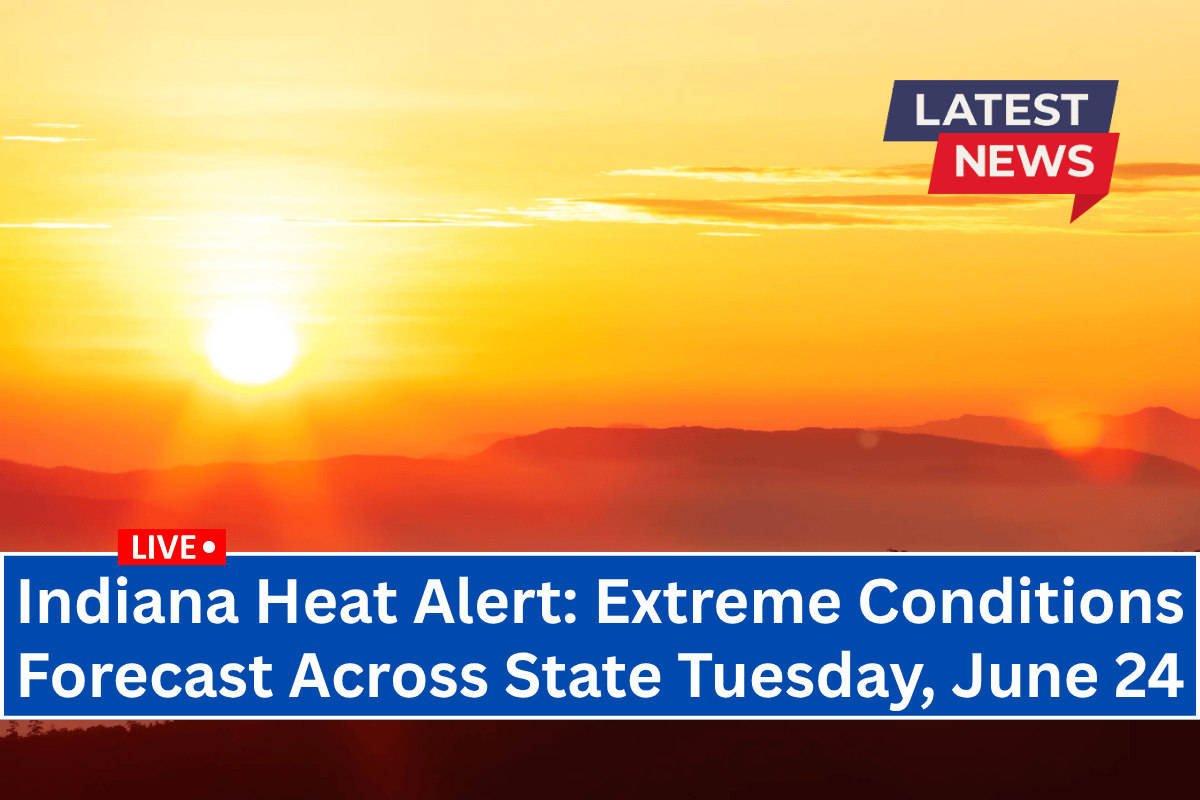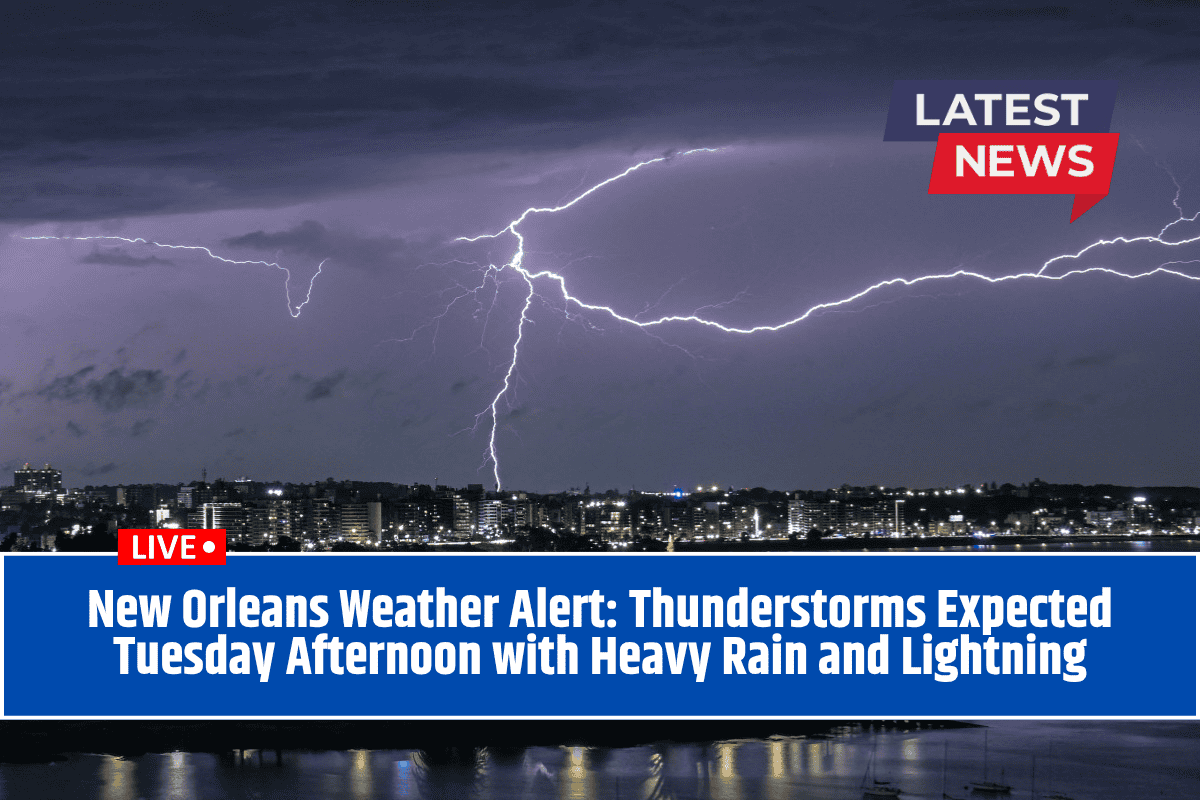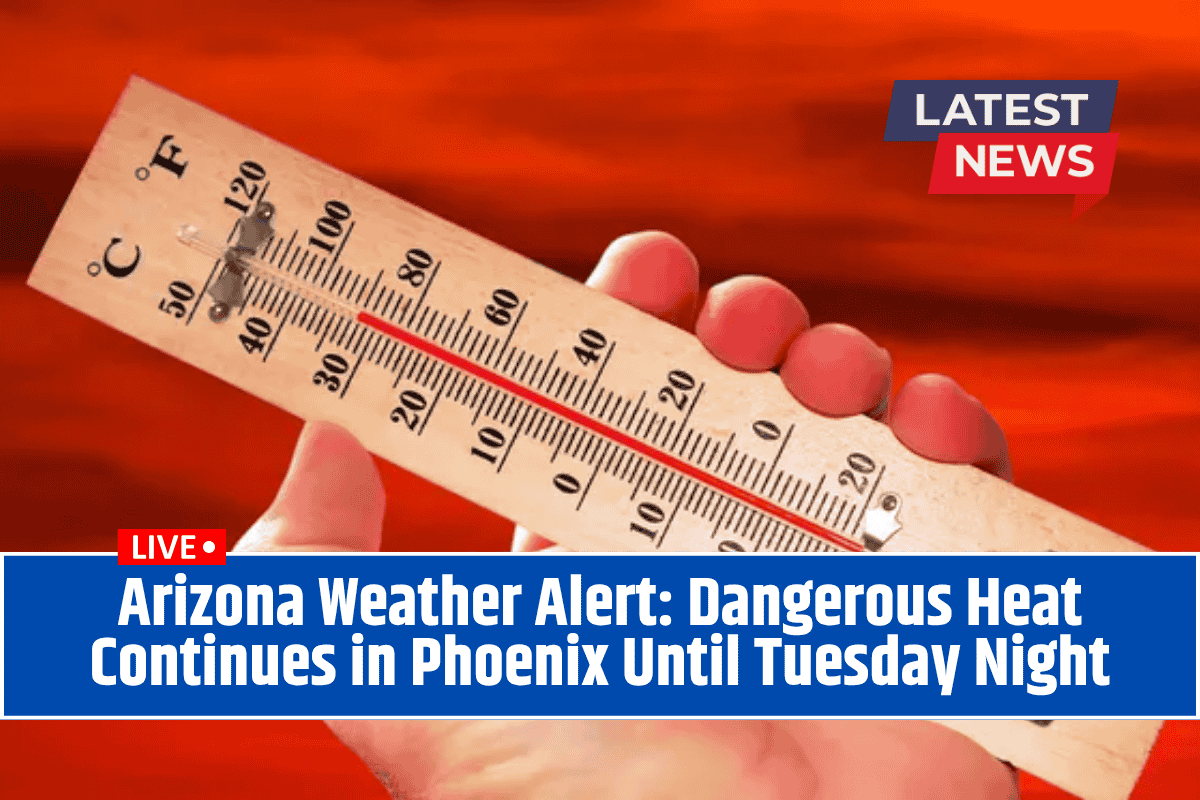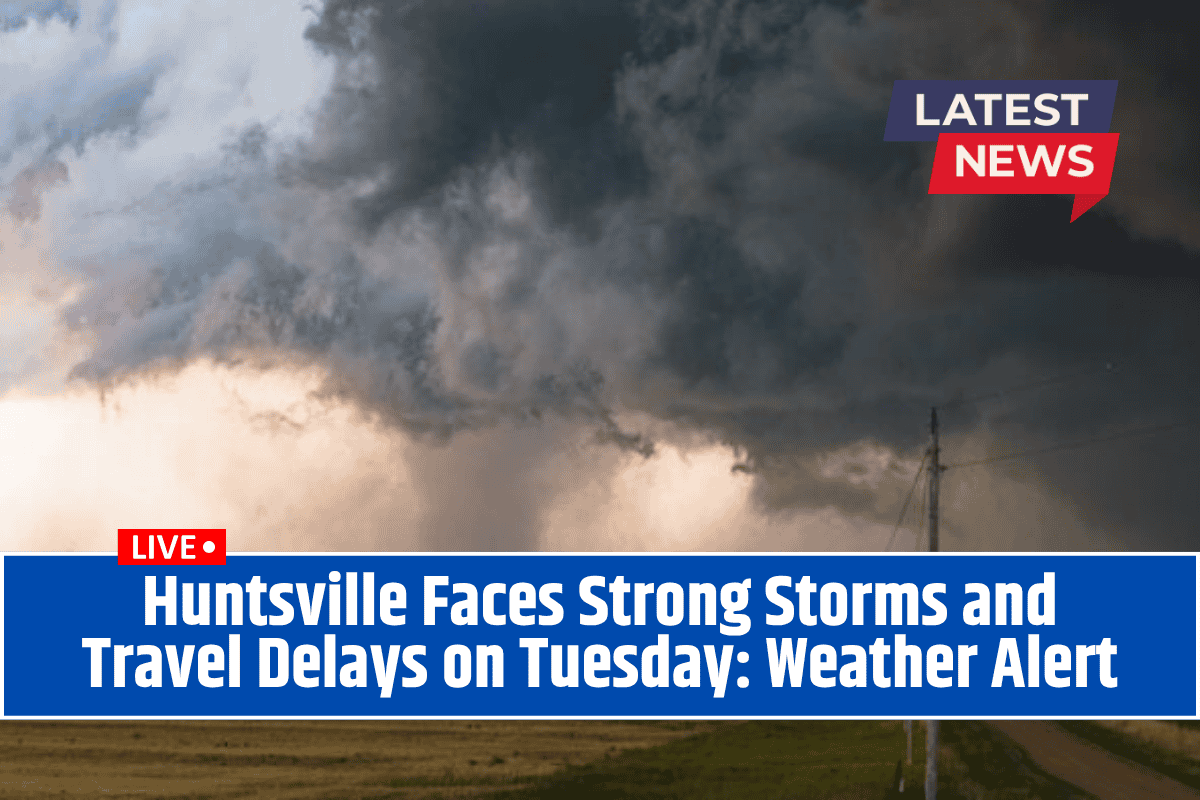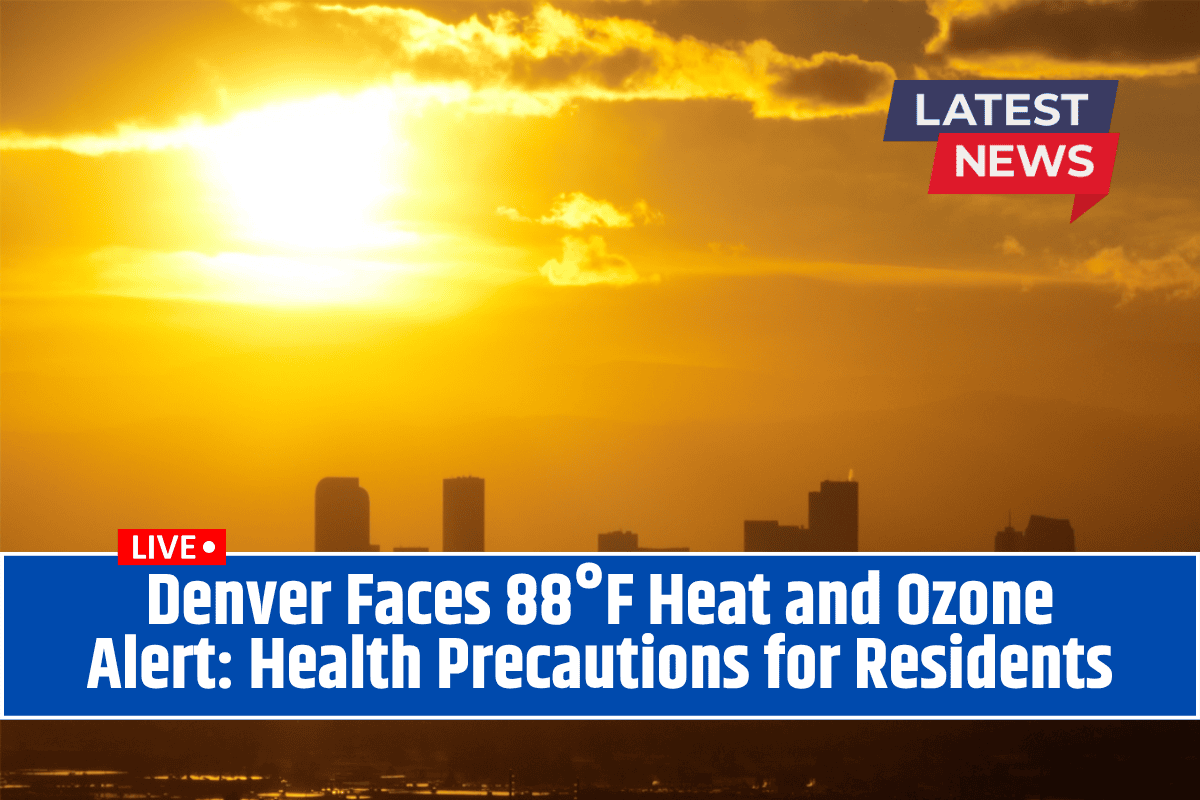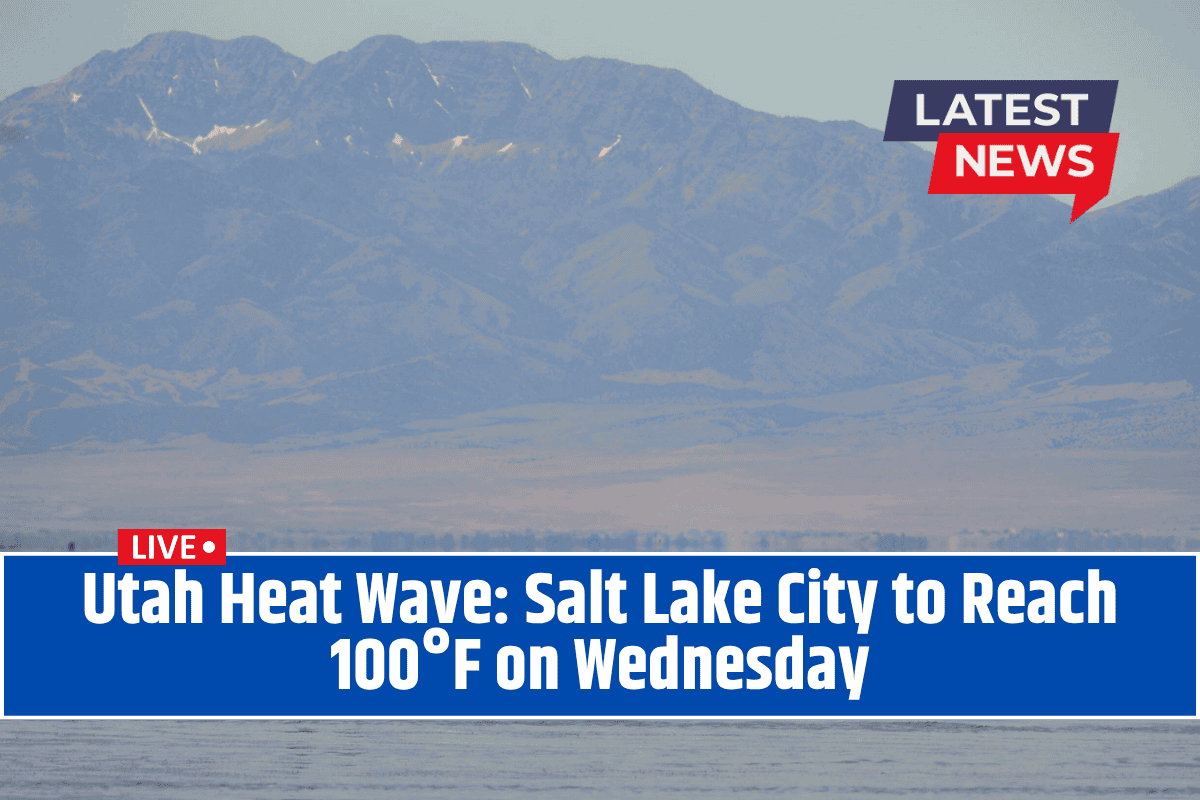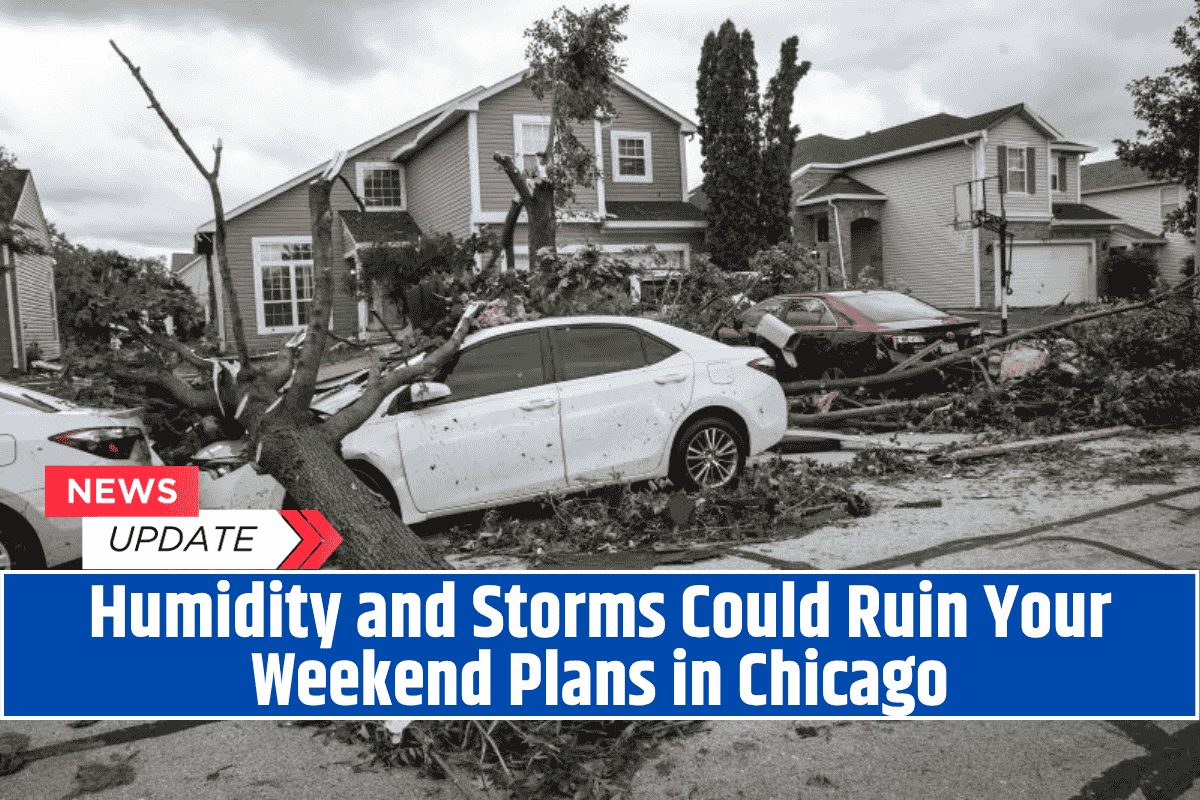Indianapolis, IN – Indiana is facing a potentially dangerous heat threat on Tuesday, June 24, as major to extreme heat levels are forecasted across the state. Public health advisories have been issued, urging residents to take precautionary measures.
Severe Heat Conditions Across the State
According to the National Weather Service (NWS) Indianapolis, much of the state is under “Red 3” (Major) and “Magenta 4” (Extreme) heat risk categories. These levels indicate that the heat could be hazardous to anyone without access to cooling or proper hydration.
The conditions could also put significant strain on healthcare systems and heat-sensitive infrastructure.
The NWS HeatRisk tool, which takes into account factors like maximum temperatures, humidity, and the duration of heat, shows high risks across large areas of Indiana. While temperatures are expected to improve slightly in the coming days, the dew points — which contribute to discomfort — will remain steady.
“This unusual early-season heat event brings little overnight relief and poses serious danger, especially for those with pre-existing health conditions,” the NWS warned on social media. “Without individual heat safety measures, these conditions could quickly become overwhelming.”
Areas Most at Risk
The most extreme conditions are expected in cities such as Indianapolis, Fort Wayne, and Lafayette, which are under the magenta-level warning for extreme heat. Surrounding regions, including parts of southern Illinois and western Kentucky, are also facing major heat risks.
Safety Measures and Recommendations
Officials are urging residents to stay indoors during the peak heat of the day, hydrate frequently, and check on vulnerable populations such as the elderly. Public cooling centers and hydration stations are expected to be activated in some communities to help residents cope with the extreme temperatures.
Key Tips for Residents:
- Stay indoors during the hottest part of the day, especially from noon to 5 p.m.
- Hydrate regularly: Drink plenty of water to stay hydrated and avoid beverages that dehydrate, like alcohol or caffeine.
- Check on neighbors: Be sure to check on elderly family members, neighbors, or anyone with pre-existing health conditions who may be at higher risk.
- Use cooling resources: Utilize public cooling centers if available and stay in air-conditioned spaces when possible.
- Limit outdoor activities: Avoid strenuous activities outside, particularly in the afternoon heat.
Looking Ahead
While the heat will slightly improve later in the week, the conditions on Tuesday remain critical, and residents are urged to take immediate action to ensure their safety. Stay updated with alerts from the National Weather Service and local authorities.
